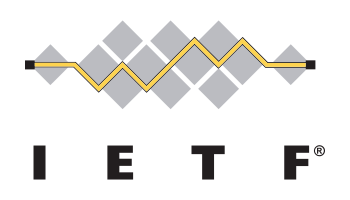by J.D. Falk
After more than a decade of fits and starts, fear and doubt, lies and lobbying, legislative attention towards spam now seems to arrive in regular waves.
Our friend Dennis Dayman reports on deliverability.com that a new law has taken effect in Israel, requiring (in short) opt-in — and so according to the International Herald Tribune, Israeli marketers were rushing to re-confirm questionable subscriptions before the deadline this past Monday. In Canada, Internet law expert Michael Geist lambasted his government for continuing to fail to pass any anti-spam legislation, four years after he and the National Task Force on Spam — which also included our own Neil Schwartzman — strongly urged them to take immediate action. And this week at the Internet Governance Forum in Hyderabad, I've heard representatives from more than a dozen governments from all over the world discussing not whether "cyber crime" legislation is necessary, but rather how it should be formulated to fit their local legal standards and culture.
Even in the United States, with both foes and supporters of the incoming administration waiting to learn what President Obama and his staff will do, there are clear signs that consumer protection may once again be a major part of the American political landscape. The libertarian-leaning Technology Liberation Front argues convincingly that privacy will be among the first things addressed, likely including how personal information is collected, stored, and shared. And for a peek into how technology policy may be formulated in the new White House, there's Doc Searls's recent article in Linux Journal explaining how the open source community — from whence came the anti-spam community — contributed in novel and interesting ways to Barack Obama's successful campaign.
The confluence of market forces, industry self-regulation, and community activism has led us to where we are today, with an ever-widening gap between the criminal spammers and legitimate senders. Intelligently crafted legislation, backed by a level of technical understanding and market knowledge that goes far beyond "it's a series of tubes," may be the necessary next step along the path towards a more trustworthy and reliable email ecosystem.

















